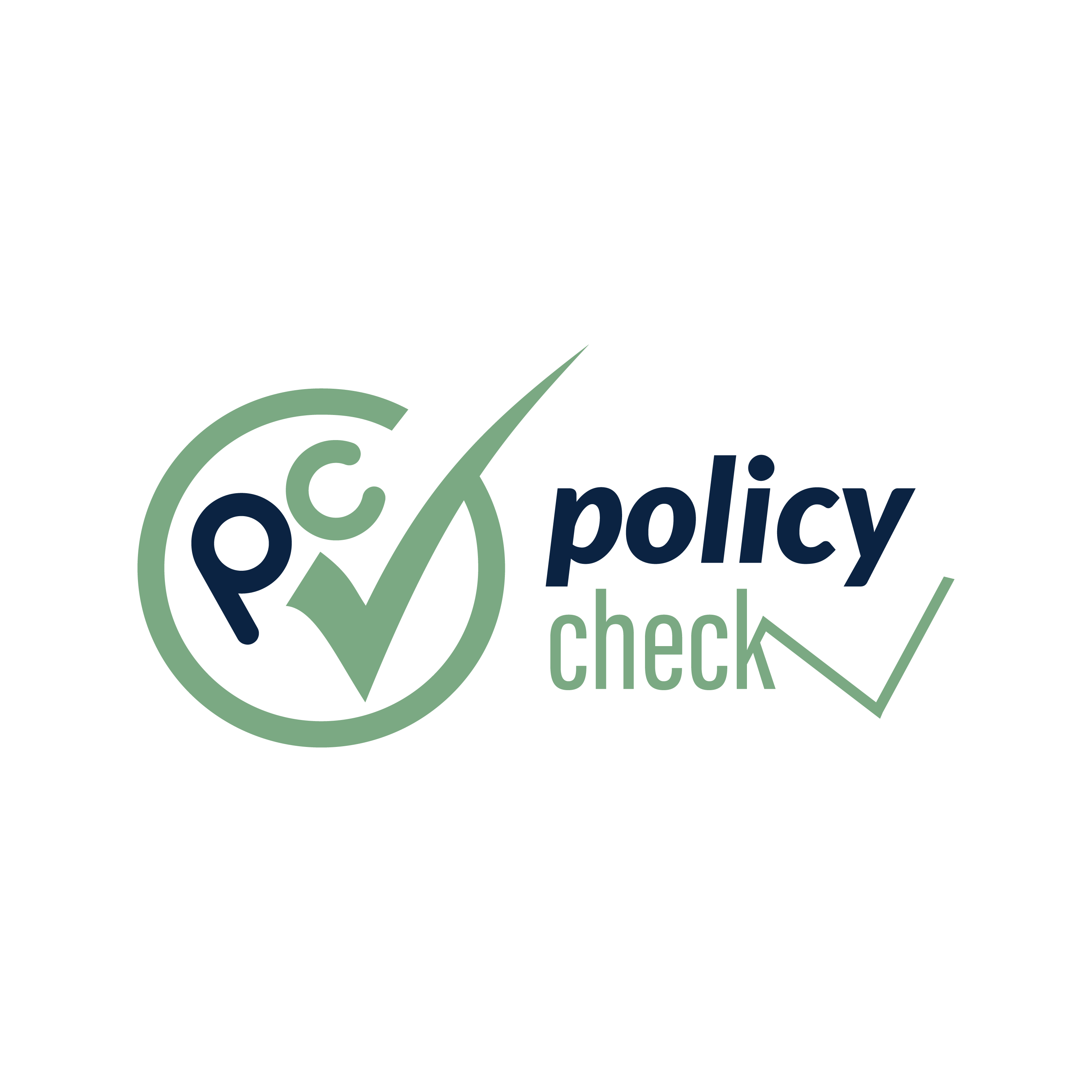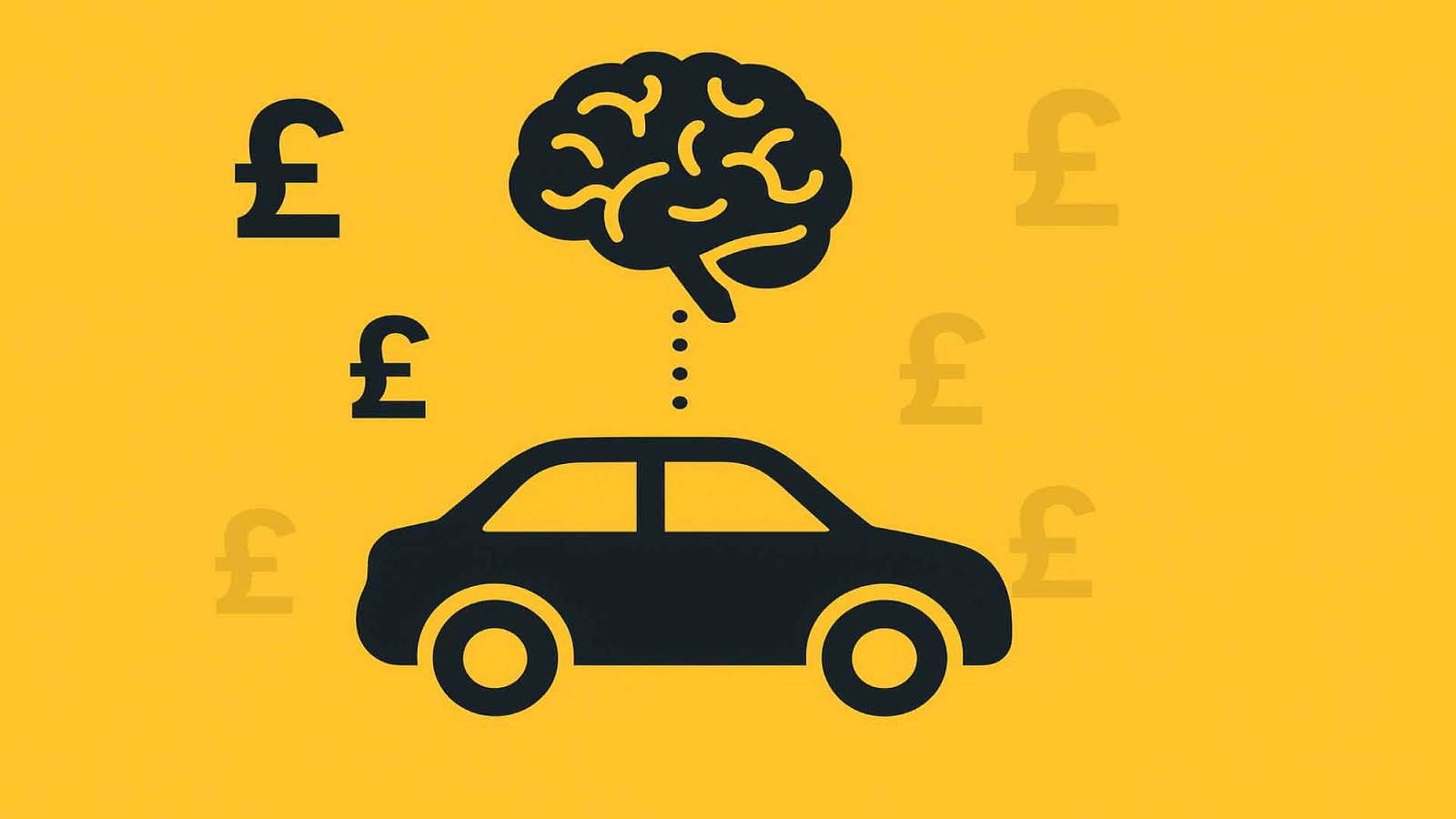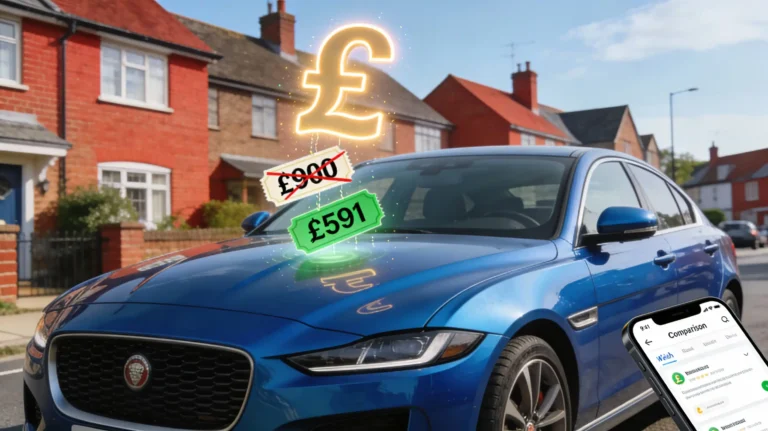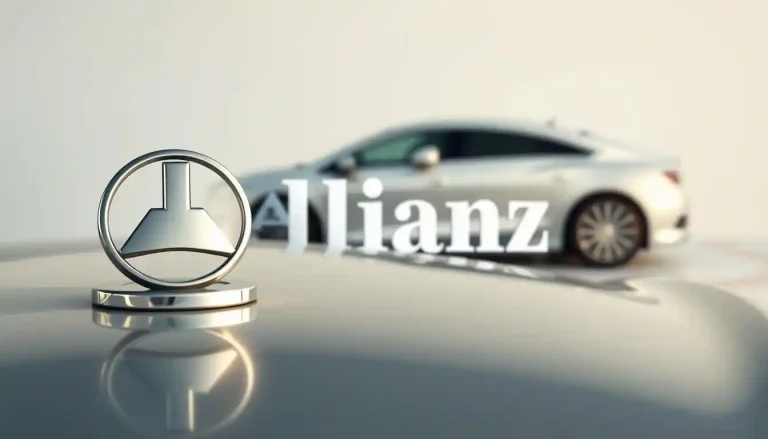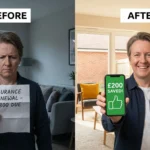The Hidden Psychology Behind Your Car Insurance Decisions (And How It’s Costing You Hundreds)
Table of Contents
The Hidden Psychology Behind Your Car Insurance. You’re probably losing money on car insurance without even realising it. Not because you haven’t compared prices or failed to shop around – though that’s part of it – but because of something far more subtle: the psychological tricks your own mind is playing on you.
After analysing thousands of insurance decisions and speaking with industry insiders, we’ve uncovered the hidden behavioural patterns that are quietly inflating premiums across the UK. The good news? Once you understand these psychological traps, you can sidestep them and potentially save hundreds of pounds each year.
Why Your Brain Works Against Your Wallet
The “Set It and Forget It” Syndrome
Here’s a scenario that’ll sound familiar: your renewal notice arrives, you glance at the price, wince slightly, but then think “I can’t be bothered with the hassle” and let it auto-renew. You’re not alone – research suggests that over 40% of UK motorists do precisely this, despite knowing they could save money by switching.
This isn’t laziness; it’s a well-documented cognitive bias known as the “status quo bias.” Our brains are wired to prefer the current state of affairs, even when change would benefit us. Insurance companies are aware of this, which is why they’ve invested millions in making auto-renewal the default option.
The Real Cost: The average saving for switchers in 2024 was £157, but some drivers saved over £500 by simply changing insurers. That’s a significant amount for what amounts to 20-30 minutes of online comparison.
The “Penny Wise, Pound Foolish” Trap
Have you ever chosen the cheapest quote without reading the small print? Of course you have – we all have. It’s called “price anchoring,” where the first piece of information (usually the premium cost) heavily influences our decision-making process.
But here’s where it gets interesting: the cheapest policy might not be the most economical in the long run. Consider excess levels, courtesy car provisions, or claims handling quality. A policy that’s £50 cheaper upfront could end up costing you hundreds if you need to claim.
Real-World Example: Sarah from Leeds saved £80 by choosing a budget insurer over her usual provider. When she had an accident six months later, the cheaper insurer took three weeks longer to process her claim, during which she paid £300 for a rental car that her previous insurer would have provided free.
The Premium Paradox: Why We Make Expensive Assumptions
Assumption #1: “Comprehensive Must Cost More”
This is perhaps the most costly misconception in car insurance. Many drivers automatically assume that third-party-only cover will be cheapest, but data from the Association of British Insurers tells a different story.
Comprehensive coverage is often more affordable than third-party alternatives. Why? Because insurers have noticed that drivers who choose minimal cover tend to be higher-risk. They’re more likely to drive older cars, have less driving experience, or face financial pressures that correlate with claim frequency.
The Psychology: This is “mental accounting” in action – we create arbitrary categories in our minds (comprehensive = expensive, third-party = cheap) without checking if they reflect reality.
Assumption #2: “I Don’t Need to Add Anyone to My Policy”
Young drivers, in particular, often fall into this trap. Adding a parent or experienced driver to your policy can significantly reduce premiums, but many assume it’ll cost more because “more drivers = more risk.”
The reality? Insurance is about statistical risk pools. If you add a 45-year-old with a clean driving record to a 22-year-old’s policy, you’re often reducing the average risk profile, which can slash premiums by hundreds of pounds.
The Timing Psychology That’s Costing You Money
The Procrastination Premium
When do you typically start shopping for car insurance? If you’re like most people, it’s probably a few days before your current policy expires – when you’re stressed, time-pressed, and more likely to make poor decisions.
Insurance companies have noticed this pattern and adjust their prices accordingly. Policies bought close to the renewal date are systematically more expensive. The sweet spot? Research from MoneySavingExpert shows that shopping 26 days before renewal typically yields access to the most affordable rates.
Why This Happens: Insurers interpret last-minute shopping as a risk indicator. They assume you’re disorganised, more likely to miss payments, or potentially shopping desperately after being rejected elsewhere.
The “Monthly Payment” Mindset
Would you rather pay £600 upfront or £55 per month? Your brain probably prefers the monthly option – it feels more manageable. But this preference is costing you money through interest charges that can add 15-20% to your annual premium.
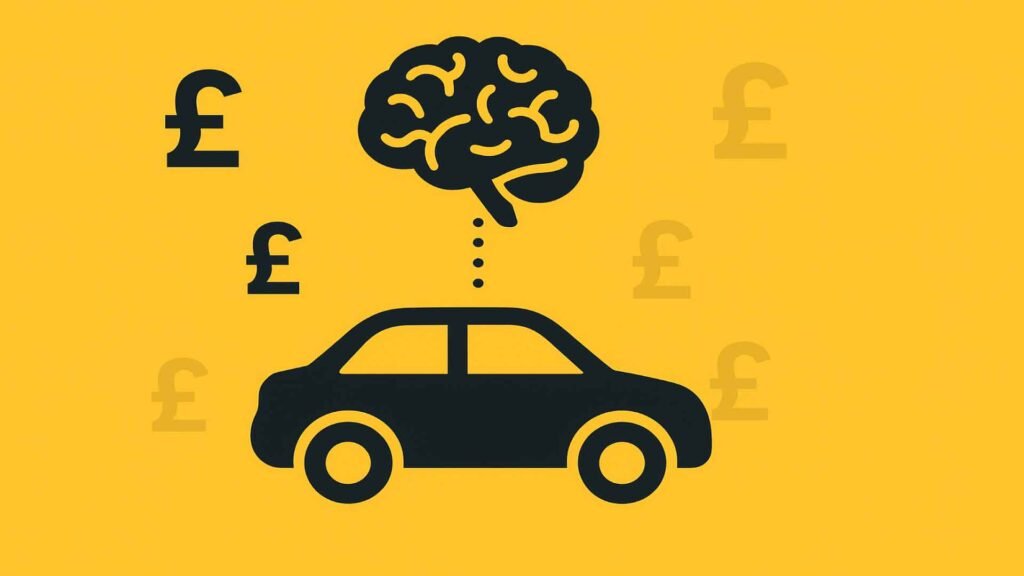
This is “temporal discounting” – we value immediate benefits (lower upfront cost) more than future benefits (total savings). Insurance companies profit from this bias by making monthly payments seem attractive while quietly adding substantial interest charges.
Location Bias: The Postcode Prejudice
Here’s where psychology meets geography in expensive ways. Many drivers assume their postcode automatically determines their premium, leading them to accept higher quotes without question. While location does matter, it’s not as deterministic as you might think.
The Hidden Factor: Garaging location can be different from your address. If you park your car at work, at a partner’s house, or in a different postcode regularly, some insurers allow you to use that location for pricing. This single change can save hundreds, particularly if you commute from a high-risk area to a lower-risk one.
The Psychology of Job Titles
This might be the most fascinating psychological quirk in insurance pricing. Your job title can significantly impact your premium, but not always in the ways you’d expect. “Chef” might be more expensive than “Kitchen Staff,” despite describing a role that is essentially the same.
The psychology here is complex – insurers use job titles as proxies for lifestyle, stress levels, working hours, and even personality traits. A “Marketing Manager” might pay less than a “Marketing Executive,” purely based on statistical correlations in claims data.
The Opportunity: This isn’t about lying – it’s about understanding which legitimate job title variations might work in your favour. If you’re a “Software Developer,” you might also accurately describe yourself as a “Computer Programmer” or “Systems Analyst” – but these could have very different risk profiles in insurers’ systems.
Breaking Free from Psychological Pricing Traps
The “Fresh Eyes” Approach
Every two years, approach your insurance as if you’re buying it for the first time. Ignore what you paid last year, ignore brand loyalty, and ignore assumptions about what “should” be cheapest.
Why This Works: It counteracts multiple biases simultaneously – status quo bias, anchoring, and brand loyalty effects that insurers count on to maintain higher prices.
The “Three-Quote Rule”
Always get three quotes from different sources: a comparison site, a direct insurer, and a broker. This isn’t just about finding the cheapest price – it’s about training your brain to see pricing as variable and negotiable rather than fixed.
Challenge Your Assumptions
Before buying, ask yourself:
- Have I checked if comprehensive is actually cheaper than third-party?
- Would adding a family member reduce my premium?
- Am I using the most advantageous legitimate job title?
- Have I considered different excess levels?
- Am I shopping at the optimal time?
The Behavioural Economics of Claims
Here’s something most people never consider: how you handle claims affects future premiums through psychological profiling. Insurers track not just what you claim for, but how you claim.
Customers who accept the first settlement offer, never question decisions, and don’t shop around are often flagged as “low maintenance” and might receive better renewal terms. Conversely, those who negotiate heavily might be seen as higher risk for future disputes.
The Balance: Don’t accept unfair settlements, but understand that your claims behaviour creates a psychological profile that affects pricing.
Technology and Psychology: The Telematics Trap
Black box insurance appeals to our overconfidence bias – most drivers believe they’re better than average. But the psychology of being monitored can actually change your driving behaviour in unexpected ways.
Some drivers become so focused on the monitoring device that they drive overly cautiously, creating different risks. Others game the system by avoiding necessary journeys during “high-risk” hours, potentially creating lifestyle disruption that outweighs the savings.
The Smart Approach: Consider telematics if you’re genuinely a careful driver, but factor in the psychological impact of constant monitoring on your driving enjoyment and flexibility.
The Future-Proofing Psychology
Most car insurance decisions are made with only the following year in mind, but this short-term thinking can be expensive. Building a relationship with an insurer that offers multi-car discounts, loyalty rewards, or home insurance bundles might cost slightly more initially but save substantially over time.
The Psychological Shift: Think of insurance as a long-term relationship rather than an annual purchase. This doesn’t mean accepting poor value, but it does mean considering the total cost of ownership over several years.
Frequently Asked Questions
How much can understanding these psychological biases realistically save me?
Based on our analysis, drivers who actively counter these psychological traps save an average of £200-400 annually compared to those who don’t. In extreme cases, particularly for young drivers or those with complex circumstances, savings can exceed £1,000 per year.
Is it worth switching insurers every year to avoid psychological pricing traps?
Not necessarily. The key is being willing to switch – this alone often triggers better retention offers from your current insurer. Many companies will match competitive quotes rather than lose customers, saving you the hassle of switching while still achieving better pricing.
Do these psychological factors affect all types of drivers equally?
No. Young drivers, new drivers, and those with previous claims are most affected because they’re already in higher-risk categories where psychological profiling has a greater impact. However, even experienced drivers with clean records can save substantially by understanding these biases.
How can I tell if my insurer is psychologically profiling me?
Look for seemingly irrelevant questions during quotes – asking about your education level, homeownership status, or even your credit score for seemingly unrelated reasons. These are often psychological profiling indicators that go beyond pure driving risk assessment.
Are there any downsides to gaming these psychological factors?
The key is being truthful while optimising how you present information. Never lie about facts, but do consider how legitimate alternatives might be perceived differently. The main risk is over-optimising to the point where you choose inadequate cover to save money.
Your Next Steps: Putting Psychology to Work
Understanding the psychology behind car insurance pricing is just the beginning. The real value comes from applying these insights systematically:
- Schedule your insurance shopping for 3-4 weeks before renewal – put it in your diary now
- Question every assumption about what should be cheaper or more expensive
- Approach each renewal with fresh eyes, ignoring what you paid previously
- Consider the total relationship value with insurers, not just annual premiums
- Track your own decision-making patterns – are you falling into these psychological traps?
The car insurance market is worth over £15 billion annually in the UK, built mainly on exploiting predictable psychological biases. By understanding these patterns, you’re not just saving money – you’re making genuinely better financial decisions that compound over time.
At PolicyCheck.co.uk, we believe that informed consumers make better choices. That’s why we provide unbiased analysis that goes beyond simple price comparison to help you understand the hidden factors affecting your insurance costs. Because the best policy isn’t always the cheapest one – it’s the one that provides the right coverage at a fair price, chosen with full awareness of all the factors at play.
Remember: car insurance isn’t just about protecting your vehicle – it’s about protecting your financial future. Ensure that your decisions are driven by logic, not just emotion.
